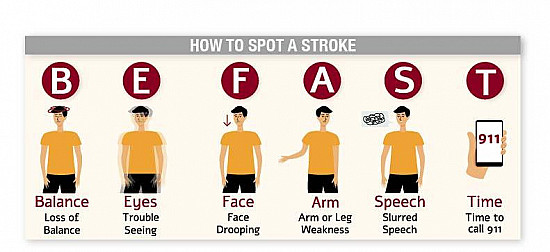Harvard finds flavonoids linked to sharper thinking and memory
News briefs

Flavonoids, the naturally occurring plant chemicals that give many fruits and vegetables their bright colors, may play a role in protecting cognition, according to a Harvard study published online July 28, 2021, by Neurology. Scientists evaluated the self-reported diet and memory information of more than 77,000 middle-aged men and women, who were followed for 20 years. After accounting for factors that could have affected cognition (such as age, weight, physical activity, alcohol intake, depression, and intake of nutrients other than flavonoids), scientists found that people with the highest daily flavonoid intakes were 19% less likely to report trouble with memory and thinking, compared with people who had the lowest daily flavonoid intakes. Fruits and vegetables strongly associated with beneficial cognitive effects included strawberries, blueberries, peppers, celery, apples, bananas, oranges, and grapefruit. The study was observational and doesn’t prove conclusively that flavonoid intake kept people sharp in older age. But smaller studies have also found similar associations. So aim for a goal of five fruits and vegetables per day. And try to eat a rainbow — the more colorful your diet, the better it will be for your health, and possibly for your cognition.
Image: © AK2/Getty ImagesAbout the Author

Heidi Godman, Managing Director
Disclaimer:
As a service to our readers, Harvard Health Publishing provides access to our library of archived content. Please note the date of last review or update on all articles.
No content on this site, regardless of date, should ever be used as a substitute for direct medical advice from your doctor or other qualified clinician.
















